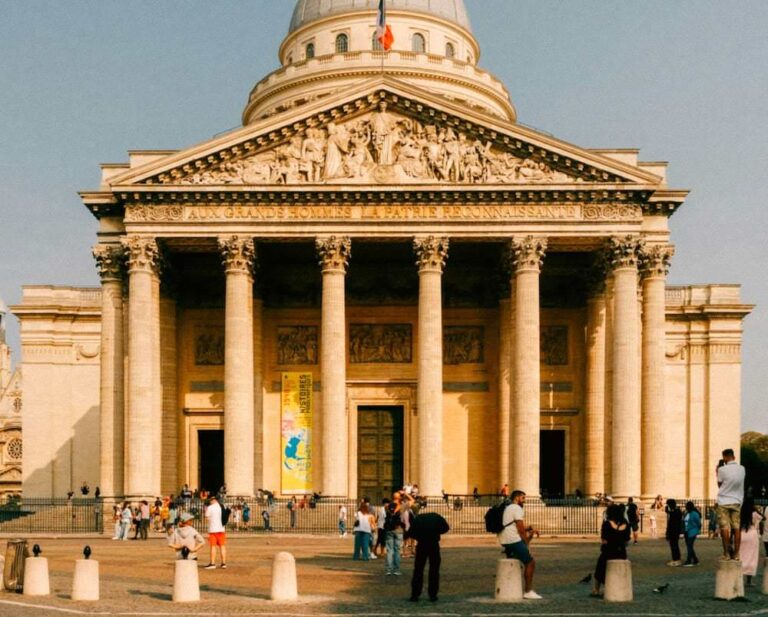God
Common French Phrases and Expressions Relating to God
The French language, deeply influenced by its Christian heritage, is rich in expressions invoking God. These phrases are used both in religious and secular contexts, often expressing gratitude, fear, hope, or uncertainty. Here are some common expressions, their meanings, and their usage.
1. Merci Dieu ! – Thank God!
This phrase expresses gratitude to God for something good that has happened. However, the more commonly used expression is Dieu merci, which translates literally as “God thanks.” It serves the same purpose and is used in a slightly more formal or traditional way.
- Example:
- Dieu merci, il est arrivé à l’heure.
(Thank God, he arrived on time.)
- Dieu merci, il est arrivé à l’heure.
2. Loué soit Dieu ! – Praise God!
This is a more explicitly religious phrase, often heard in spiritual or ceremonial settings. It is used to express praise or thanks directly to God, usually in moments of joy or relief. This can also be phrased as “Que Dieu soit loué !”
- Example:
- Loué soit Dieu, nous avons enfin trouvé une solution !
(Praise God, we finally found a solution!)
- Loué soit Dieu, nous avons enfin trouvé une solution !
3. Que Dieu nous préserve ! – God forbid!
This expression is used to reject or express strong disapproval of an undesirable event or possibility. It literally translates to “May God preserve us!”
- Example:
- Que Dieu nous préserve d’une autre guerre !
(God forbid another war!)
- Que Dieu nous préserve d’une autre guerre !
Another common variation is Dieu m’en garde ! (May God keep me from it!), often used more personally.
4. Dieu seul sait. – God only knows.
This phrase conveys uncertainty or the idea that something is beyond human understanding. It can also imply a sense of resignation or mystery.
- Example:
- Dieu seul sait ce qu’il pense.
(God only knows what he’s thinking.)
- Dieu seul sait ce qu’il pense.
5. Mon Dieu ! – My God!
This versatile expression is used to convey surprise, shock, or even frustration. While it directly invokes God, it is often used casually in everyday speech. This could also be translated to “Oh my God!” or even “OMG!” in English.
- Example:
- Mon Dieu, c’est incroyable !
(My God, that’s incredible!)
- Mon Dieu, c’est incroyable !
6. Si Dieu le veut. – If God wills it/God willing.
This phrase reflects a sense of faith and submission to divine will. It is often used to express hope for the future, similar to the Arabic Insha’Allah.
- Example:
- Nous partirons demain, si Dieu le veut.
(We’ll leave tomorrow, if God wills it.)
- Nous partirons demain, si Dieu le veut.
7. À Dieu va ! – Let’s leave it to God!
This old-fashioned phrase expresses a sense of trust in divine providence. While not as commonly used today, it still appears in literature or formal contexts.
- Example:
- Je ne peux rien faire de plus, à Dieu va !
(I can do no more; let’s leave it to God!)
- Je ne peux rien faire de plus, à Dieu va !
8. Que Dieu vous bénisse ! – God bless!
This phrase is a direct blessing, often used in religious contexts or as a parting wish for well-being. A shorter version, Dieu vous bénisse, is also common. It conveys warmth and goodwill, much like its English equivalent.
- Example:
- Merci pour votre aide. Que Dieu vous bénisse !
(Thank you for your help. God bless!)
- Merci pour votre aide. Que Dieu vous bénisse !
In informal settings, a simpler version, Dieu te bénisse (God bless you), can be used among friends or family.






